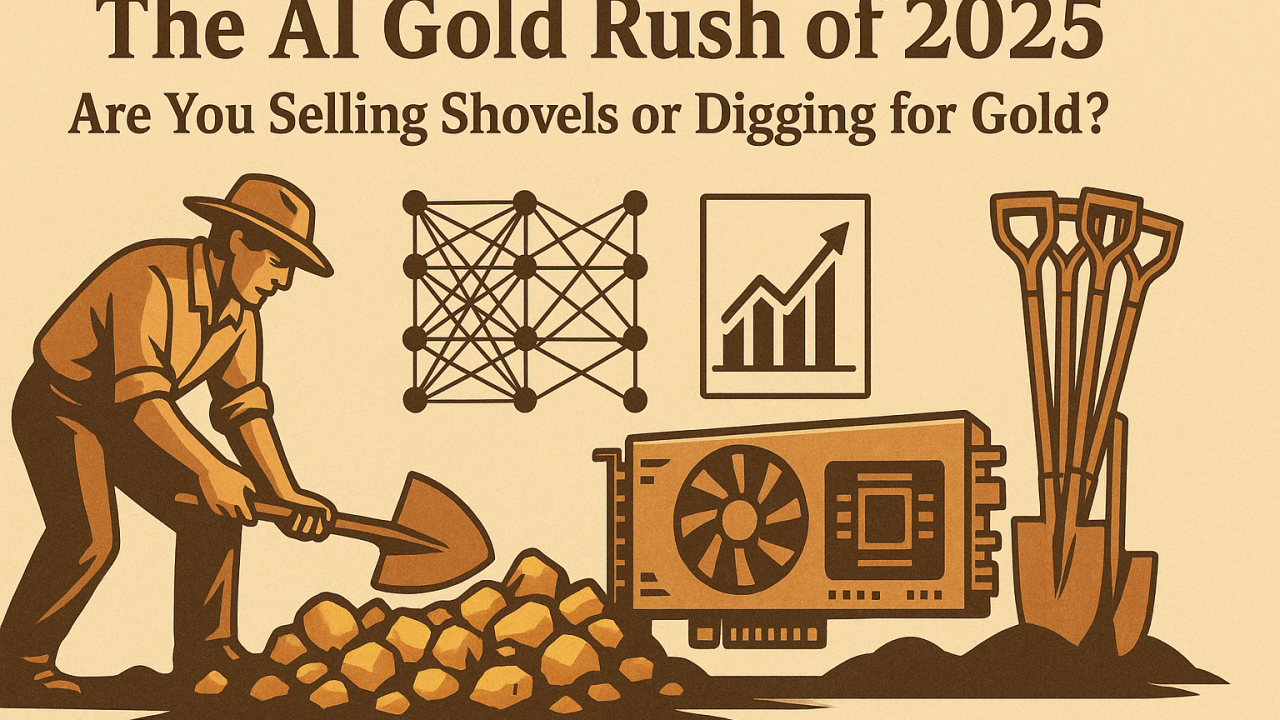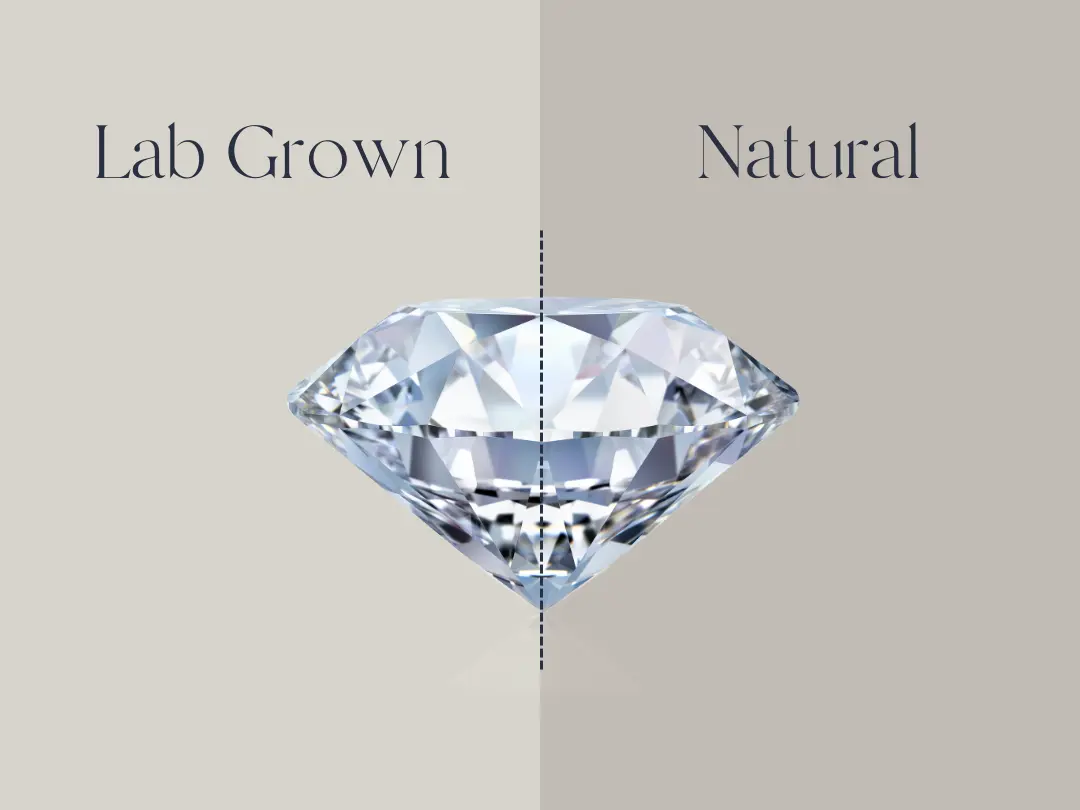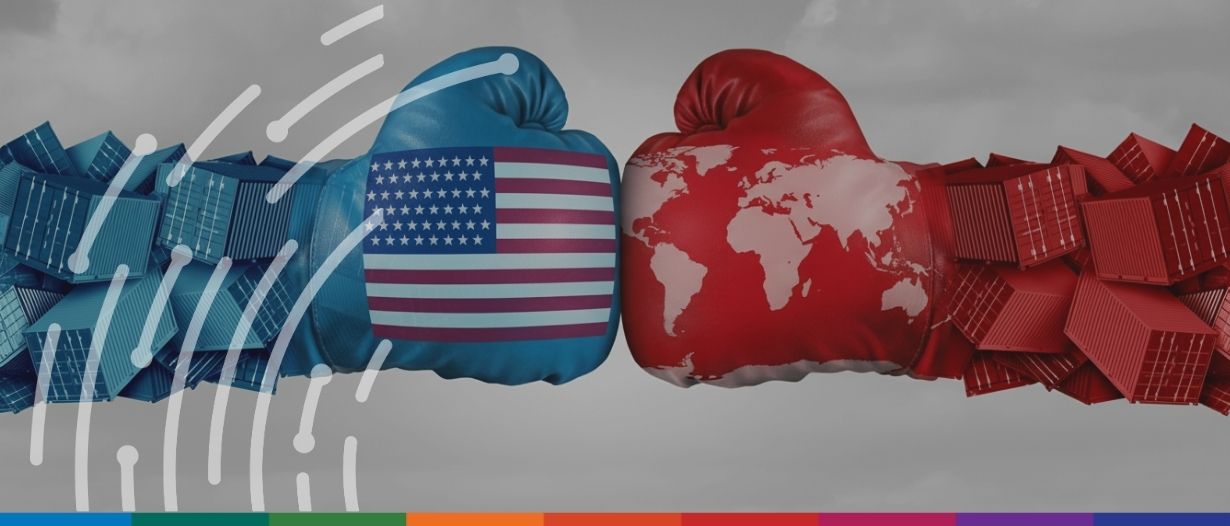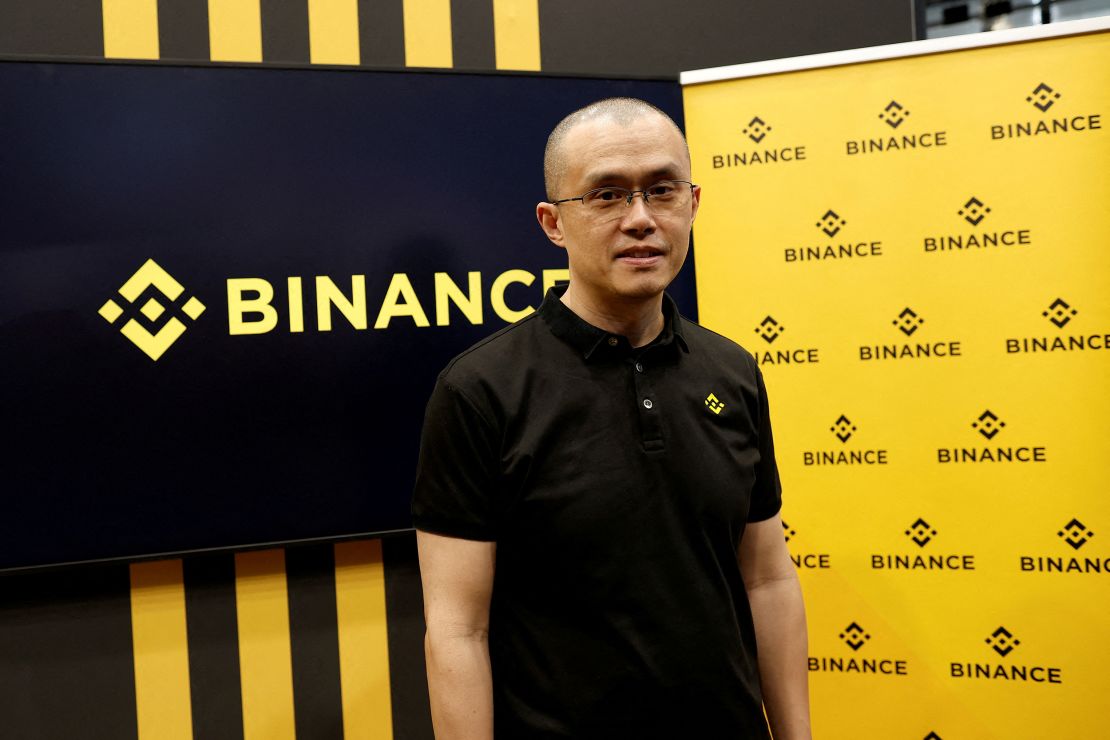For centuries, wealth was measured in tangible assets — land, gold, and oil. Empires rose and fell on the control of physical resources, each new age defined by what humanity deemed most valuable. But as we enter a new era, the foundations of power are shifting. The modern elite are not mining the earth; they are mining intelligence. Welcome to the Age of Intelligent Wealth — where algorithms, data, and artificial intelligence are the new currency of dominance.
The transition from gold to AI marks more than an economic shift; it represents a transformation of human ambition. Where gold symbolized permanence, AI embodies evolution — a self-learning, self-expanding force that compounds value with every use. Today, wealth is created not by possession, but by perception — by who controls information, predicts behavior, and shapes decision-making at scale.
In the past, empires fortified their treasuries with gold reserves; now, nations fortify their futures with data infrastructure and technological sovereignty. Governments are investing billions in AI research, quantum computing, and cybersecurity — modern equivalents of gold vaults. The new wealth is invisible but immensely powerful, dictating trade, defense, and even diplomacy. Those who master it will not just lead industries; they will influence civilizations.
Corporations, too, are reimagining their wealth structures. The world’s most valuable companies today — from tech giants to algorithmic trading firms — are built on intellectual property, not raw materials. They convert data into insight, insight into dominance. AI has made wealth exponential, giving rise to an era where influence compounds faster than capital. The next trillionaires will not dig for gold; they will design intelligence.
Yet this transformation demands responsibility. The same intelligence that builds fortunes can destabilize societies if ungoverned. Ethical AI, transparency, and digital diplomacy will define the moral architecture of future wealth. Just as the gold standard once stabilized economies, the ethics of intelligence will stabilize trust in the digital age. Without it, the pursuit of intelligent wealth risks becoming a new form of inequality — one measured not in money, but in access to technology.
Still, the Age of Intelligent Wealth is ultimately about empowerment. It invites nations like Kenya — and the broader African continent — to leapfrog centuries of industrial history and step directly into the knowledge economy. By investing in digital infrastructure, AI education, and innovation ecosystems, emerging economies can claim their share of the future’s wealth — not as consumers of intelligence, but as creators of it.
In this new world, the most powerful resource is not beneath the ground, but behind the mind. Gold once defined prosperity; intelligence will now define legacy. And those who understand this shift early — who see value not just in assets, but in algorithms — will become the architects of tomorrow’s empires.









Leave a Reply